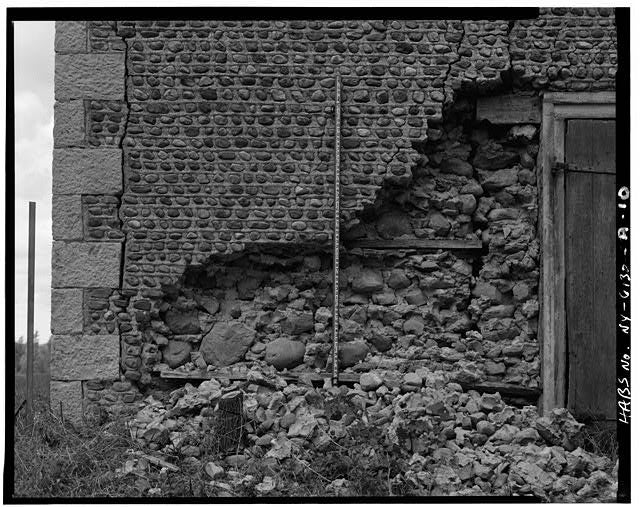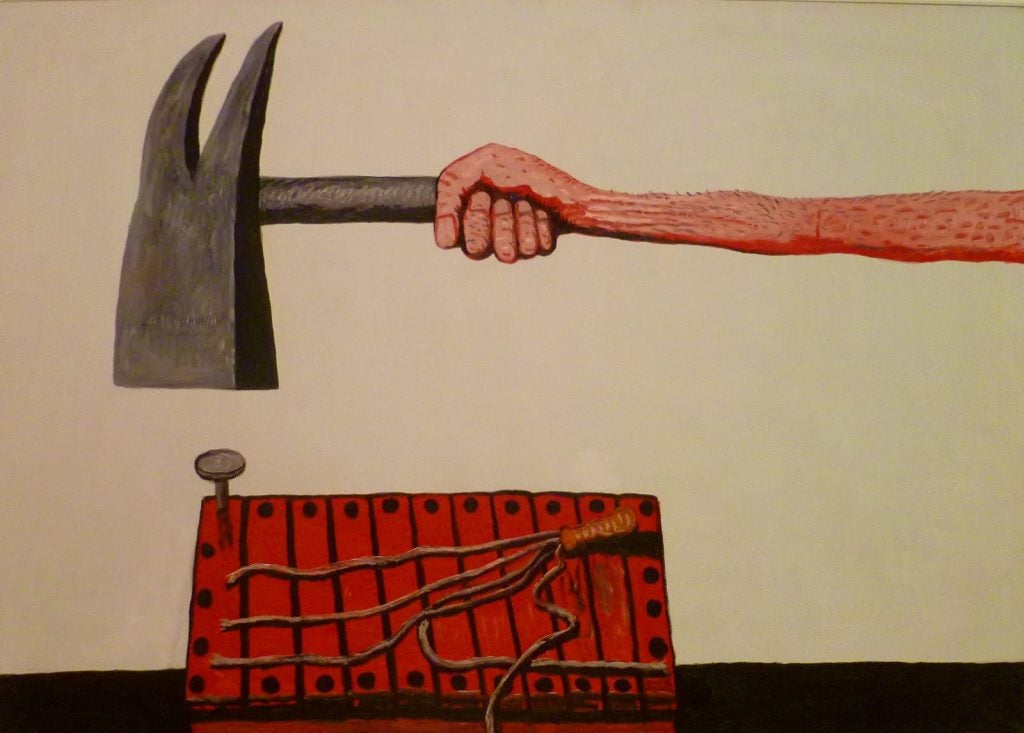A Pedagogy of Perhaps: On Mary Ruefle and Teaching Creative Writing
In a recent conversation with a fellow prose writer, I articulated my frustration with writing my artist statement, one of the many documents I crafted on the job market this past fall and one I am still revising. (Is an artist statement ever done?) I told her while I know my work is interested in the relationship between artistic practice and social justice, I don’t yet know what that relationship is. She put down her glass and blinked at me as though I had asked her if paper was thin, then proceeded to tell me that while art itself might not be capable of instituting change in the world, it creates the space for change to be imaginable.
A Pedagogy of Perhaps: On Mary Ruefle and Teaching Creative Writing Read More »
In a recent conversation with a fellow prose writer, I articulated my frustration with writing my artist statement, one of the many documents I crafted on the job market this past fall and one I am still revising. (Is an artist statement ever done?) I told her while I know my work is interested in the relationship between artistic practice and social justice, I don’t yet know what that relationship is. She put down her glass and blinked at me as though I had asked her if paper was thin, then proceeded to tell me that while art itself might not be capable of instituting change in the world, it creates the space for change to be imaginable.








